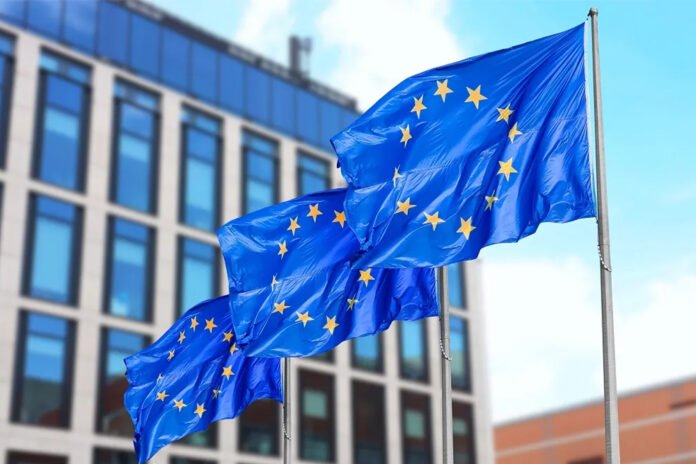In March 2025, the European Central Bank (ECB) reported an increase in consumer inflation expectations for the euro area.
The median expectation for inflation over the next 12 months rose to 2.9%, up from 2.6% in February, while the three-year expectation edged up to 2.5% from 2.4%. These figures remain below the perceived past inflation rate of 3.
1% but indicate growing concerns among consumers.
Despite the uptick in inflation expectations, the ECB’s survey revealed a softening outlook for household spending. Income growth expectations remained stable at 1.0%, and unemployment expectations eased. However, the outlook for spending growth softened, with consumers indicating a more cautious approach to expenditure. Notably, younger consumers aged 18–34 continued to report lower inflation perceptions compared with older groups .
These developments come amid a backdrop of economic uncertainty. The eurozone’s GDP growth in the first quarter of 2025 was 0.4%, supported by robust job markets and declining inflation.
However, the imposition of U.S. tariffs, including a 20% tariff on EU goods, has negatively impacted the region’s economic outlook, leading to a decline in the European Commission’s sentiment index to a low of 93.6 in March.
The ECB’s recent rate cuts and the ongoing economic challenges suggest that inflation and spending dynamics will continue to be pivotal factors in shaping the euro area’s economic trajectory in the coming months.



